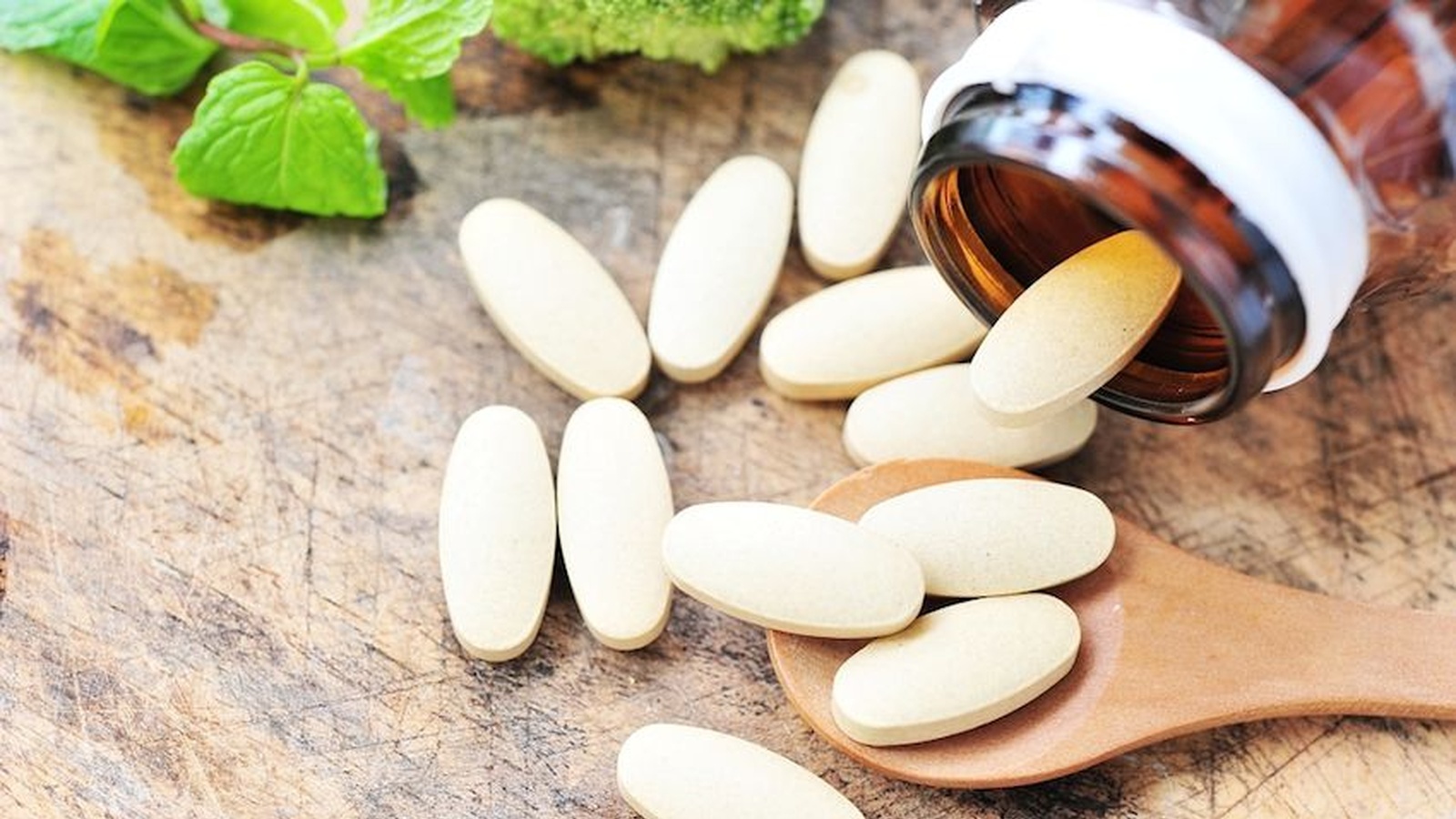The Shocking Truth About Calcium Supplements
I want to expose some truths about one of the most misaligned conditions our current medical world go on about.
Is Low Calcium Or An Acidic Diet The Primary Risk For Calcium Deficiency?
A Recent meta-analysis of studies (Fenton et al, 2008) has found that increased acidity from the modern diet appears to increase urinary Calcium losses by at least 66mg/day.
Over 20 years this looks like a huge 480g of Calcium lost potentially from bones which contain a total of 1,150g calcium in adults. That is a third of our calcium stores. No wonder we are seeing more osteoporosis, osteopenia and reduced bone density in women and men.
To understand this better, let’s briefly recap the role calcium plays in our body. Most of us, I am sure, are under the impression, calcium is only important as far as our bone structure and strength goes. Nothing could be farther from the truth. Calcium is required in the body to regulate the pH of the blood. It is found in the bones because that is where it is chiefly stored. Calcium is alkaline and is used to maintain homeostasis of our blood pH. If our blood becomes too acidic our body can go into shock, acidosis and coma.
To prevent this, the body has a beautiful negative feedback loop in place. Let me explain. The parathyroid gland detects if the blood calcium gets too low and the blood pH drops. In response, it creates parathyroid hormone which stimulates bone from our skeleton to resorb and release stored calcium into the bloodstream. This same hormone also travels to the kidneys where it encourages them to resorb as much calcium as possible from the urine, thus concentrating the urine that leaves the body and activating Vitamin D. From there, vitamin D travels to the small intestine and ensures every last little drop of calcium is absorbed from the diet. All these activities, increase calcium levels in the blood which allows the parathyroid to go back to normal and the blood pH to stabilise, until the next emergency! In affect, a disaster has been averted but at the cost of concentrating urine to uncomfortable levels which over time is wearing and taxing for the kidneys, and reducing the store of calcium in the bones.
We can increase calcium absorption from our diet with the presence of vitamin D and by maintaining good acidic stomach pH. But remember, what caused this imbalance in the first place, was the lowered blood pH coming primarily from the over acidic diet we are consuming. High levels of dairy products, meats, refined sugars and refined flours are all adding their burden to an already burdened system. We need to change our diets and move away from the weight of acid forming foods and embrace more alkaline forming foods. I have been banging on about this for a number of years so forgive me if this is all old hat to you, but clearly, some people just haven’t got it yet. A glass of milk will contain calcium for sure but the overall acidic effect of that milk will be to release calcium stores from your bones. The net effect is calcium loss not gain, we need to rethink our message here folks.
Over 60% of Australians get most of their calcium from dairy products. Cow milk will not build a strong skeleton for you. But, filling your diet with leafy greens, broccoli and other vegetables will increase your calcium stores because the alkaline affect of a plant-based diet in particular greens, will enhance the uptake of calcium into your skeleton and leave it there well into your dotage!
Other factors that interfere with calcium absorption include eating too many raw nuts and seeds and whole grains, they contain phytates, oxalates and in their raw state will reduce absorption of all our minerals including calcium. To get around this, soaking and activating these foods will eliminate these pesky substances, improving digestion and absorption. If absorption of calcium from our small intestine is dependent upon Vitamin D, do you know what your Vitamin D levels are? If not, I suggest you get a blood test from your GP. Aside from the stores of calcium in our bones, about 1% of total calcium is used for muscle contraction, heart beat, blood coagulation, immune function, energy production, amongst other things, so you can see, calcium plays a vital role.
So if we are looking to get our calcium intake from a leafy green plant based diet plus for some of us, supplements, which supplements to choose and what to look out for?
Calcium carbonate, or chalk, is cheap but often contaminated with lead, yes, even those supplements on the chemist and supermarket shelves, absorption is poor and higher doses are required. Calcium phosphate is very poorly absorbed and will often create irritation in the gut. Calcium citrate is the preferred form, it has good uptake and absorption without the other issues of irritation and contamination.
Night time dosing of calcium will provide maximum benefits. Citrate preparations do not need to be taken with food and are also particularly useful for low stomach acid and post menopausal women due to the decreased reliance on oestrogen for uptake. They should still be taken with Vit D, a minimum of 1,000IU for good absorption. Excess calcium intake can adversely affect the absorption of; iron, magnesium, zinc and phosphate and challenge the kidneys. Remember, even one glass of milk daily can create enough of a burden in the gut to reduce the absorption of the other minerals. Different story to the one certain corporation bangs on about, huh?
However, and here is the big news! Here is the shocking truth about calcium supplementation I simply couldn’t wait to share with you.
2 international studies involving a large observational cohort (over 23,000 participants) reviewed calcium intake from food and supplements and revealed an association between high calcium intake, more than 1400mg/day and increased heart attack.
The current estimated risks of excess calcium intake; in 1000 individuals supplemented with high dose calcium, there was a 30% increase in MI, a 15% increase in stroke and a massive 40% increase in CVD death. The excess dose was considered at more than 500 mg in any one supplement.
So what the heck is happening here? Calcium levels are under the very tight homeostatic control of the parathyroid as we have seen and don’t fluctuate too much regardless of diet (at the expense of the skeleton remember) but very high intakes especially when taken on an empty stomach, overrides this control. This can produce small repetitive spikes in blood calcium that can potentially deposit in arteries. When calcium is taken in the form of food, absorption is controlled and slowed and, therefore, less of a spike is produced, if any at all. So, how should this information change our practice?
Keep all calcium supplement doses to less than 500mg. Take with a meal in the evening to slow absorption and reduce any spikes in blood calcium. Caltrate, Australia’s most popular calcium supplement, produces doses of 600mg, this is too much for our systems. Ultimately, we need to move our diets towards eating more greens, vegetables and less of the highly acidic foods that are creating our modern dilemma.
What Are Your Thoughts About Calcium Supplements?
Do you have a passion for nutrition & natural healing?. Learn more about the Food Matters Nutrition Certification Program here.


